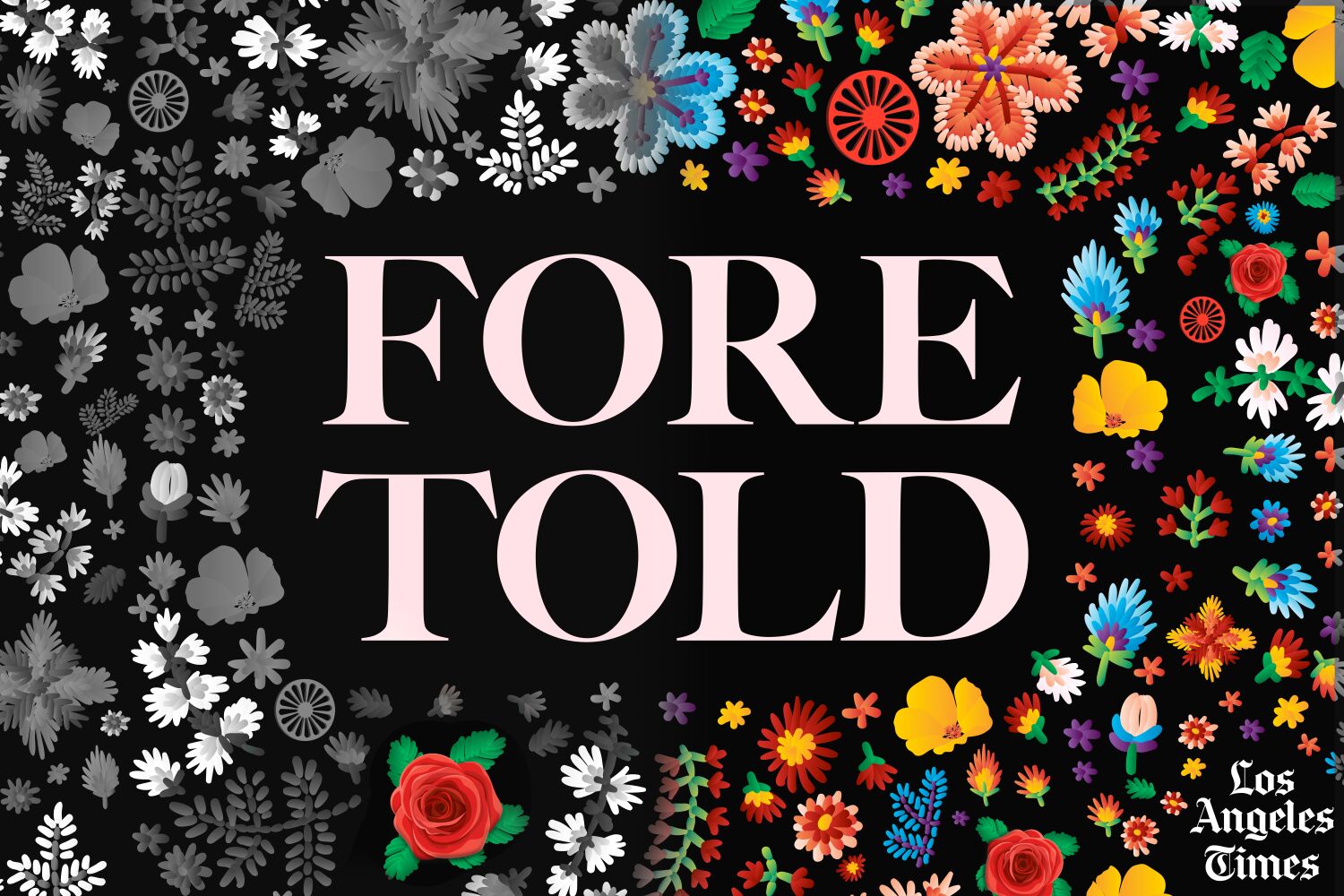Global Courant 2023-05-30 16:00:14
Follow ‘Foretold’ wherever you get your podcasts from:
Episode 8: “The Fallout.” Facing the consequences of her decisions, Paulina becomes estranged from her family, only to meet Gina, a cousin who left the community decades earlier. And Paulina throws herself into her ultimate battle: fighting for her children in court.
Read the transcript of the episode.
Watch all episodes and extras.
The biblical King Solomon is known for his wisdom and discernment, bestowed on him by God. One day, the story goes, two women appeared before him, each claiming to be the mother of the same baby. Unable to determine who the real mother was, Solomon suggested cutting the baby in half and giving each woman an equal share. The first woman begged Solomon to spare the child’s life, even if it meant giving up her claim to the baby. The second woman readily agreed to Solomon’s proposal to cut the baby in half. Solomon then stated that the first wife was the real mother, as she had shown herself to care more about the baby’s well-being than her own desire to have custody.
The story serves as a reminder that true wisdom lies not only in knowledge, but also in understanding the human heart in making decisions that uphold justice and compassion.
But most custody battles aren’t that easy to decide. And hardly anyone would accept an outcome like killing a baby to thwart the other side. Therefore, this story is a biblical story, not a legal precedent.
The fact is that custody battles are often very ugly, drawn-out battles. It’s an emotional tug of war. Even in a scenario where the children’s time is divided equally between the parents, managing that split is a logistical nightmare. Lifestyles need to be reviewed and balanced fairly. It is very difficult to forge an agreement that prevents a buildup of bitterness and resentment.
Human connection is rarely something that can be neatly spliced. Determining what is fair in a custody case can be tricky, subjective. Ultimately, most judges try to put the welfare of the children first. But there is no standard measure of well-being. So custody agreements are often awkward or unequal splits, jagged along the fault lines of the relationship that once formed the basis of the children’s lives.
For the legal system – with its supposed “blindness” or stoic objectivity – to judge such an emotional and personal issue feels like a strange contradiction. It means taking a close look at and scrutinizing complex, nuanced, interpersonal relationships and cultural dynamics.
Paulina and Bobby each wanted majority custody of their two daughters. And at the center of their custody battle was Romani culture—or at least the version of Romani culture Paulina and Bobby had grown up with.
Paulina argued that the culture would harm the girls, that it could get in the way of their education, that it would be bad for the girls to spend too much time in their grandparents’ crowded home.
I am not arguing that everyone in Roma Gypsy culture is not in favor of education or women’s rights or education. But with my experience and with my family, that has been the case.
— Paulina Stevens in “Foretold”
Bobby disagreed and said in his court documents that he would keep the girls in school. And, as his attorney explained on the podcast, Bobby argued that it’s important for the girls to be immersed in their heritage.
The Romani culture are very family oriented people in that they get together on weekends every week and celebrate family. And I believe that’s how you pass on history, culture. And their culture, as you may know, has been passed down for thousands of years.
— Richard Sullivan, Bobby Stevens’ lawyer, in “Foretold”
It’s easy to see why this custody battle is more than just a set of resolutions about how the kids will be raised, more than weekend transfer schedules and child support payments.
When I heard these two sides go head-to-head during a multi-day custody hearing, it almost seemed to me that it wasn’t just about which parents would get more time with the girls. It was about which culture had a claim to the girls’ future – which culture would raise them better.
— Faith Pinho in “Foretold”
What kind of split would benefit the daughters the most? That was for a judge to decide.
— Jazmin Aguilera




